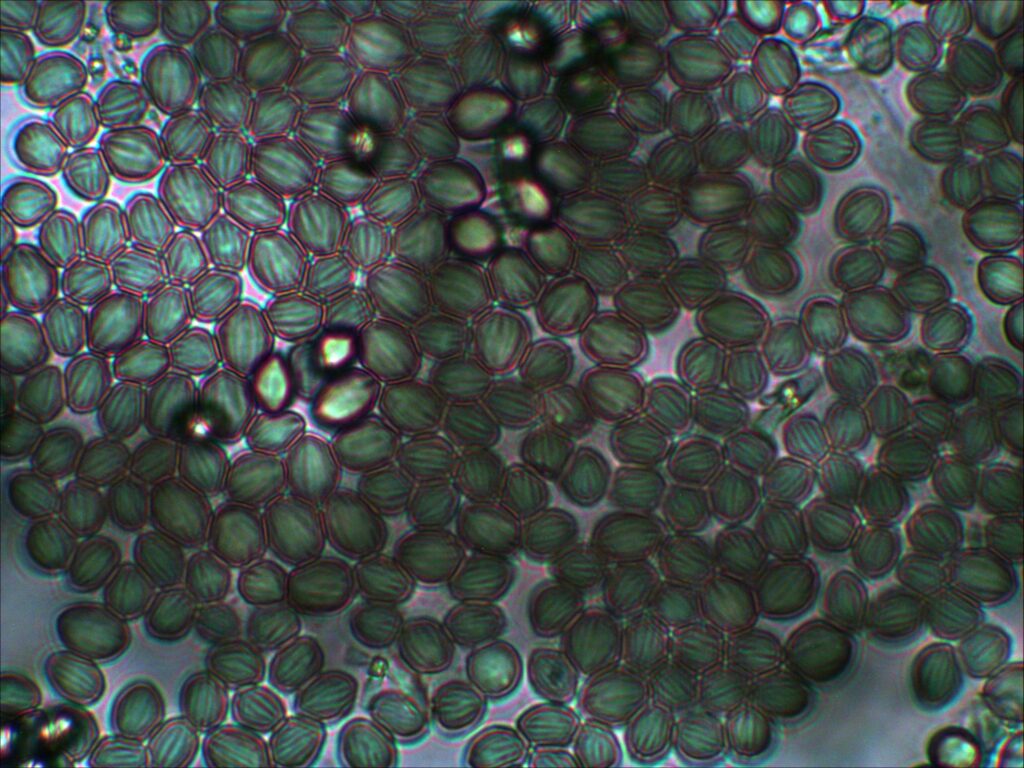Mould Exposure and Contamination
Mould exposure can be a serious threat to health if an individual is susceptible. These susceptibilities include compromised immune systems, and underlying chronic issues. Mould can be found within our homes and in food. Therefore, it is essential to monitor mould contamination to avoid the negative effects on our health.
Mycotoxins are some of the most prevalent toxins in our environment. They are hidden in our homes and food. The exposure to mycotoxins can cause a myriad of chronic health issues, and even lead to fatalities. Although it may seem simple, mould can be one of the most pressing and challenging environmental toxins that threaten our health today.
What are mycotoxins?
Mycotoxins are metabolites produced by mould, a type of fungus which can infest buildings, vehicles, and foodstuff. Most mycotoxin exposures in North America, Europe, and Australia are through airborne exposure. Food may be a major source of mycotoxins in third-world nations that lack government inspection of foods, especially in grains such as rice, corn, wheat, rye, and barley. Many harvested grains are contaminated with mycotoxins but little of these harvests are discarded and are frequently sold for animal feed such as dog food or feed for cows, pigs, chickens, turkeys, and horses.
How does mould affect us?
Prolonged exposure to mould can cause a variety of health issues. Specifically amongst those who are more sensitive (allergic) to mould particles. Black mould releases mycotoxins that can infect the lungs and cause breathing issues (particularly dangerous for those with asthma). Other health issues may include sinusitis and allergy aggravation.

Sinus and Allergies
Individuals suffering from mould exposure may display aggravated signs of irritation. Some of these signs may include:
- Runny or blocked nose
- Watery, red eyes
- Dry cough
- Skin rashes
- Sore throat
- Sinusitis
- Wheezing
It is important to investigate these symptoms and eliminate any environmental factors that may expose you to mould in the house and on food.
Infection
Mould exposure may cause respiratory issues, and hamper breathing. Aspergillosis is an infection caused by a type of mould known as Aspergillus. People with weakened immune systems may be more susceptible to these kinds of infections, and can further aggravate underlying chronic issues.
Mould Poisoning
Although mould poisoning is uncommon, it can cause severe health issues. Those that are more susceptible can experience symptoms such as fatigue, asthma, allergic reactions, etc. Each individual deals with mould exposure differently, and may not experience the same symptoms as another. It is important to investigate symptoms and check for mould regularly. Places to monitor include the home and foods such as grains and meat.
Summary
Mould exposure can be a serious threat to health if an individual is susceptible. These susceptibilities include compromised immune systems, and underlying chronic issues. Mould is most often found growing in our homes, and within food consumed. Symptoms may vary in severity, but are important to keep an eye on. Prolonged symptoms are best investigated by a health practitioner, where testing can be conducted, and long term solutions can be developed to improve symptoms and manage discomfort.
How do I Become a Functional Medicine Practitioner to learn more about Mould Contamination?

The Institute of Integrative Medicine is a global leader in the field of Integrative Medicine Education. Integrative medicine aims to be at the forefront of modern technology and new discoveries. It is essential to identify signs of mould contamination. We offer certified online courses helping you to take charge of your practice and improve the quality of life for your patients. Find out more about the courses we offer today!

